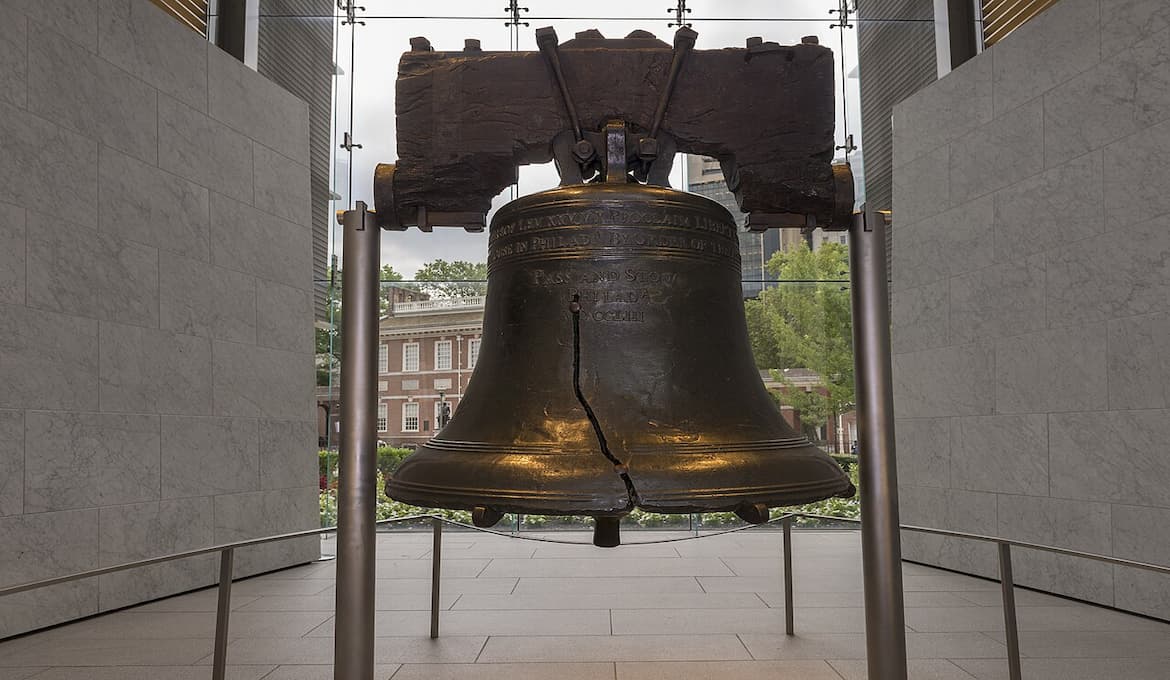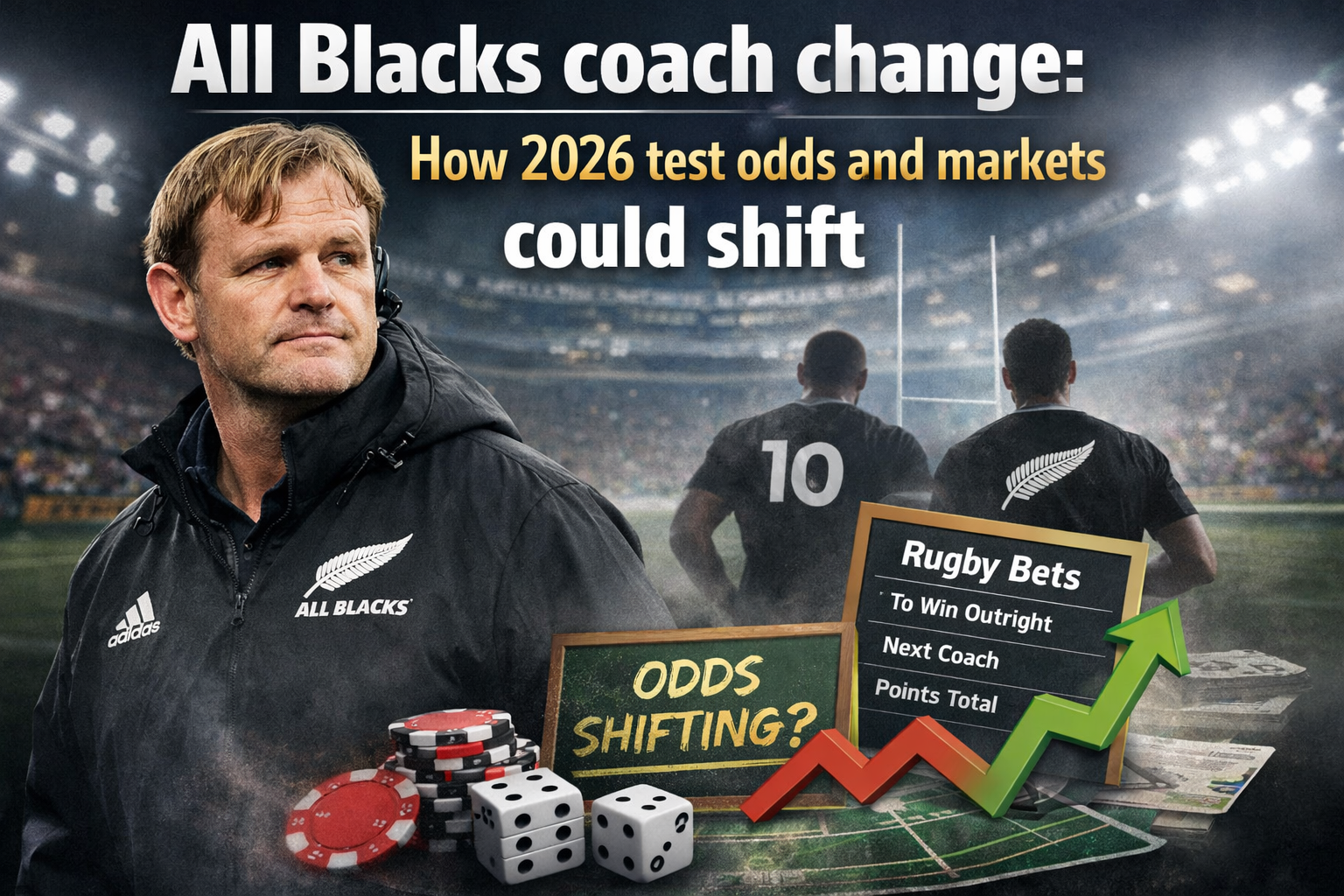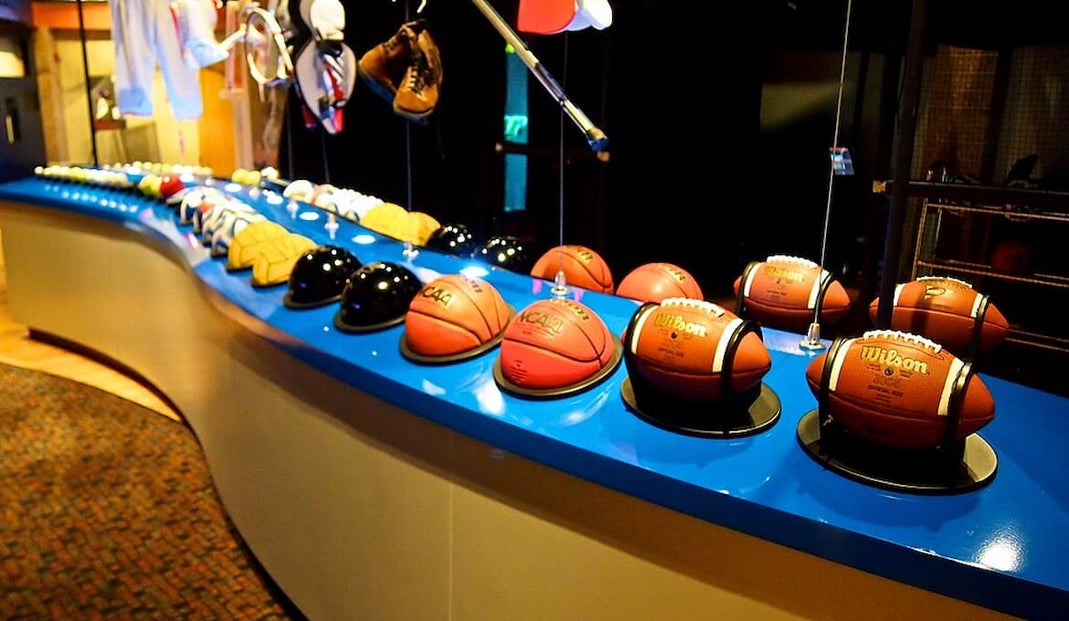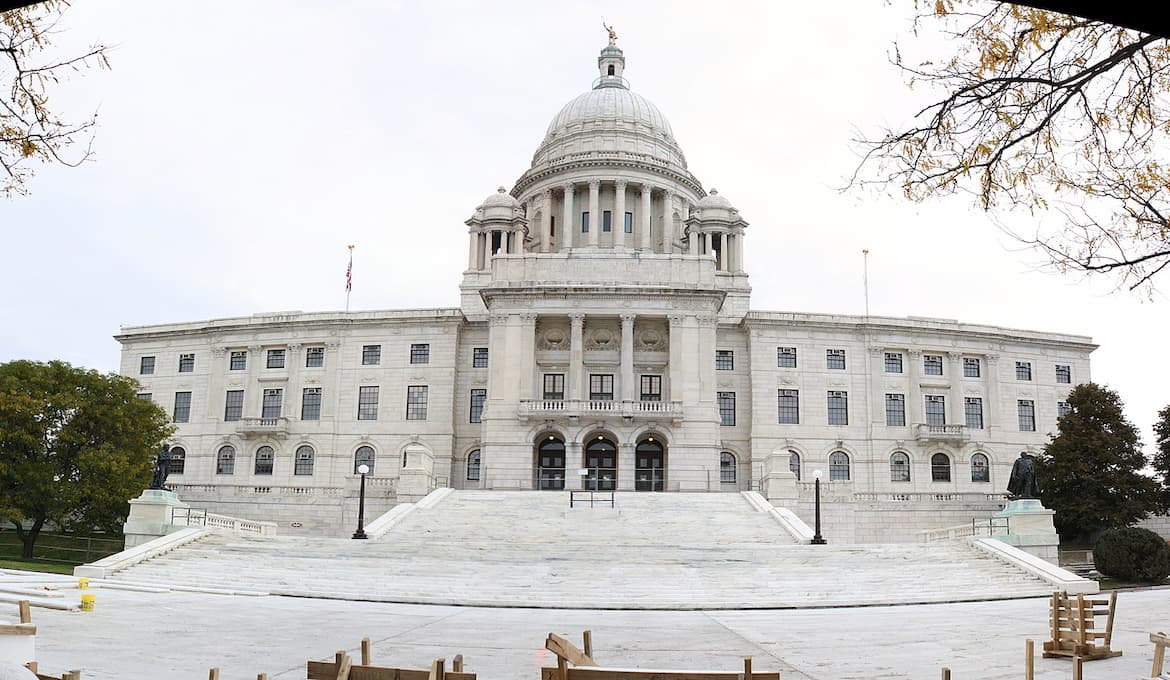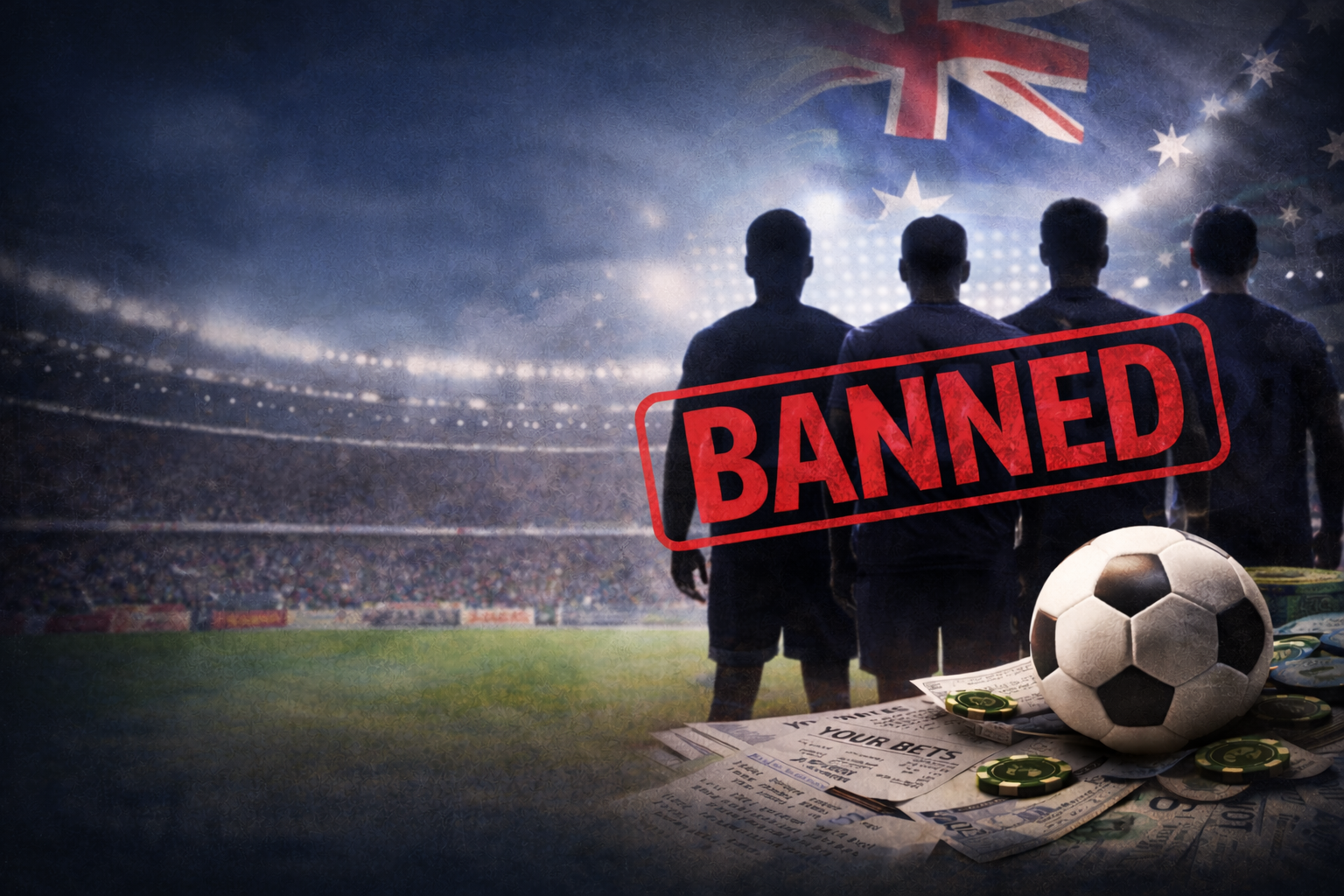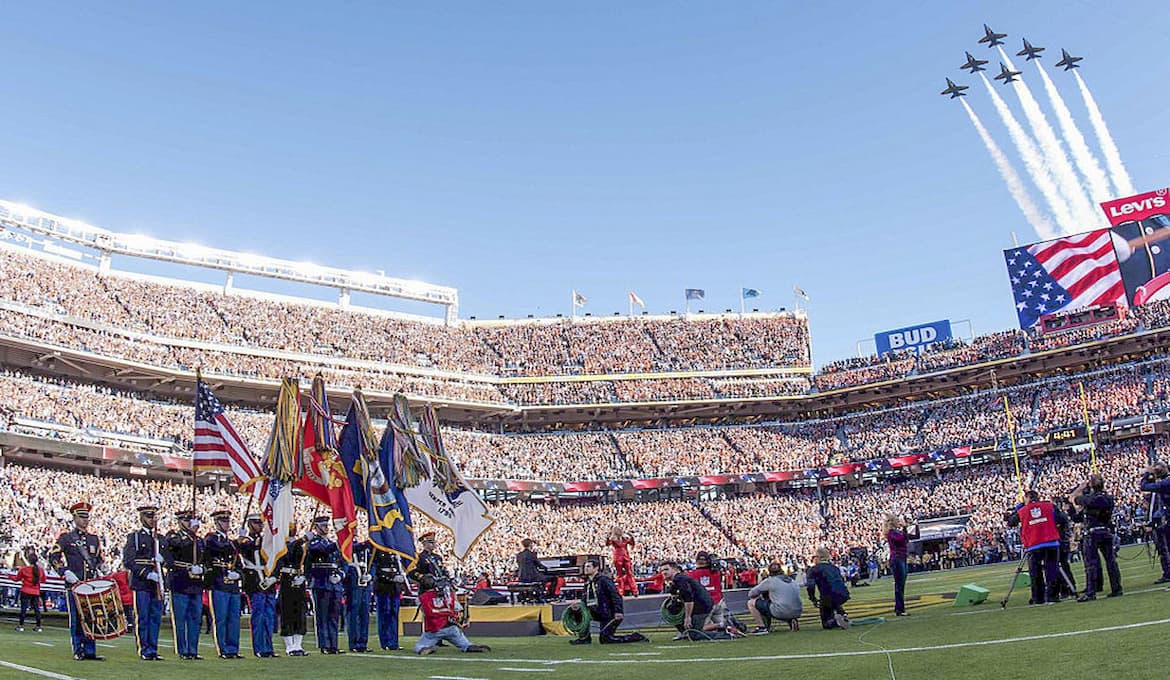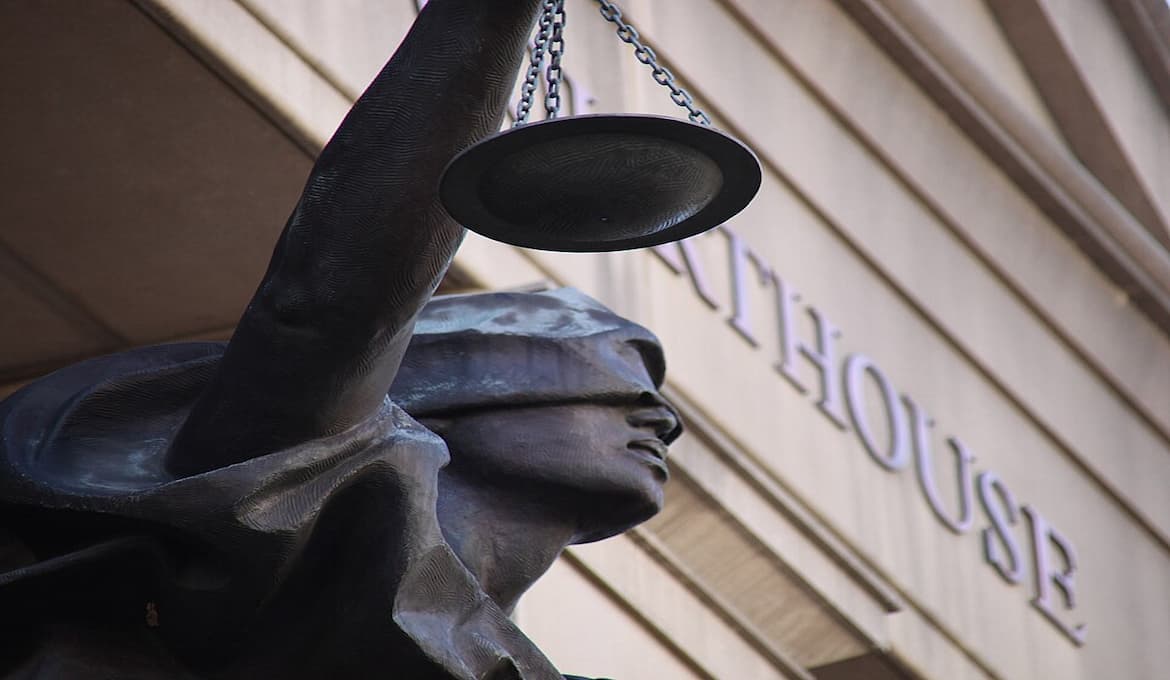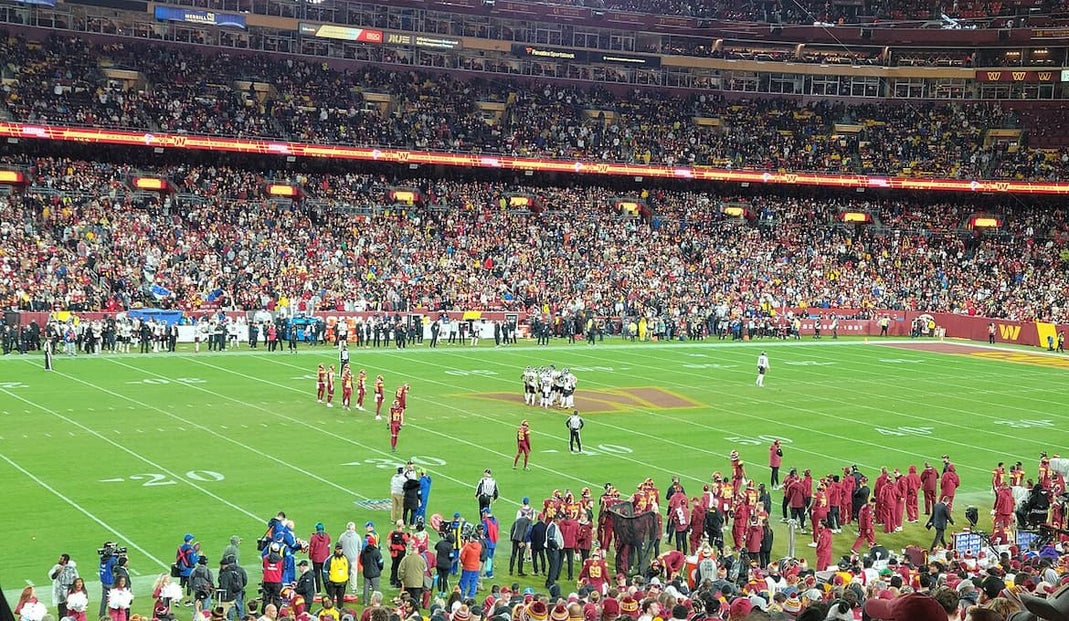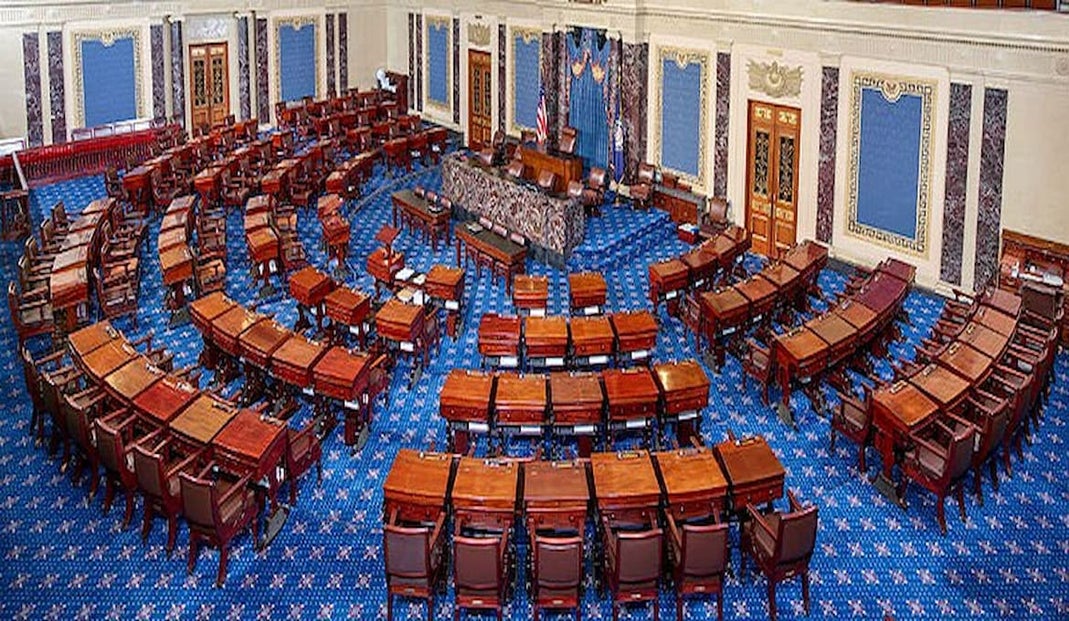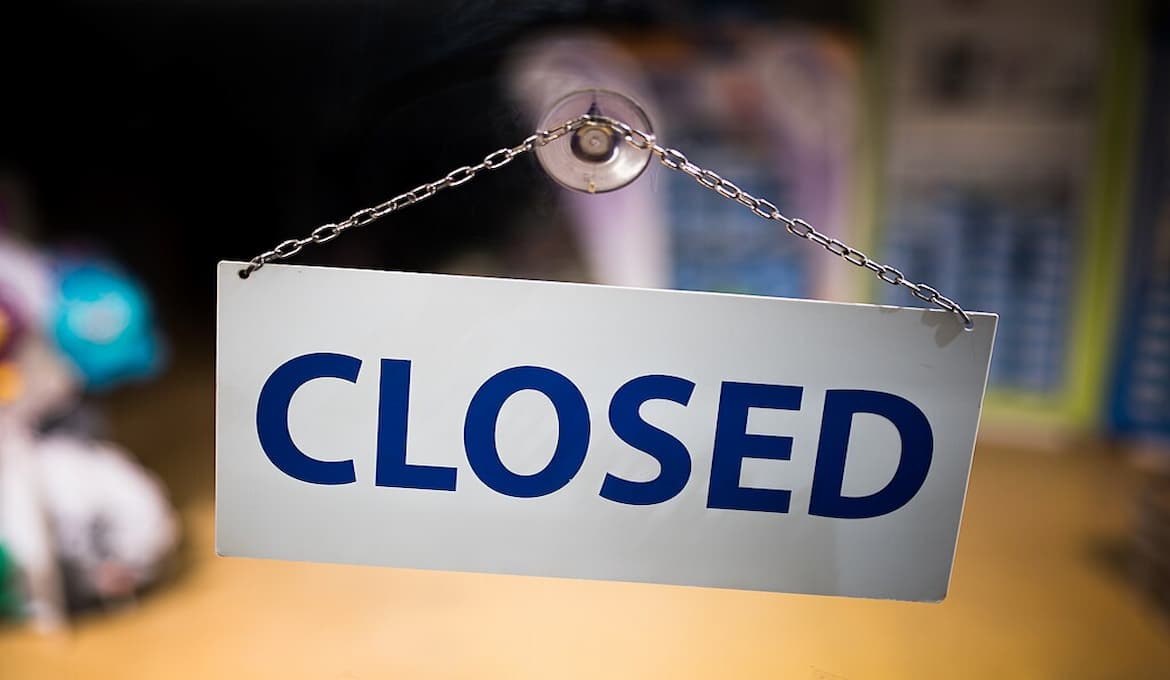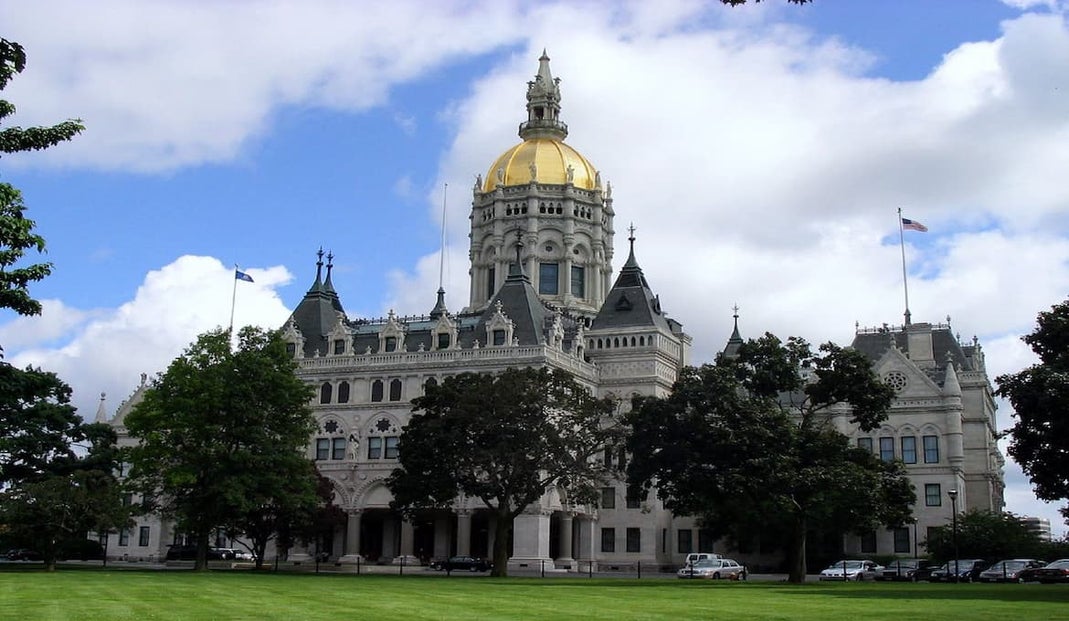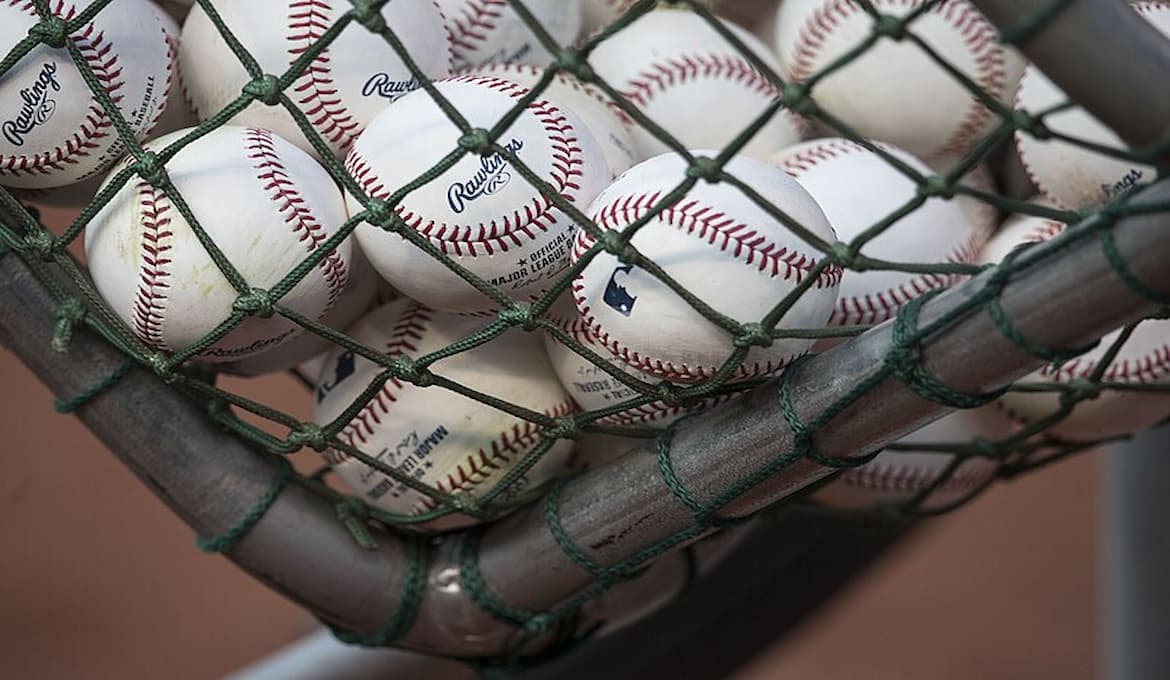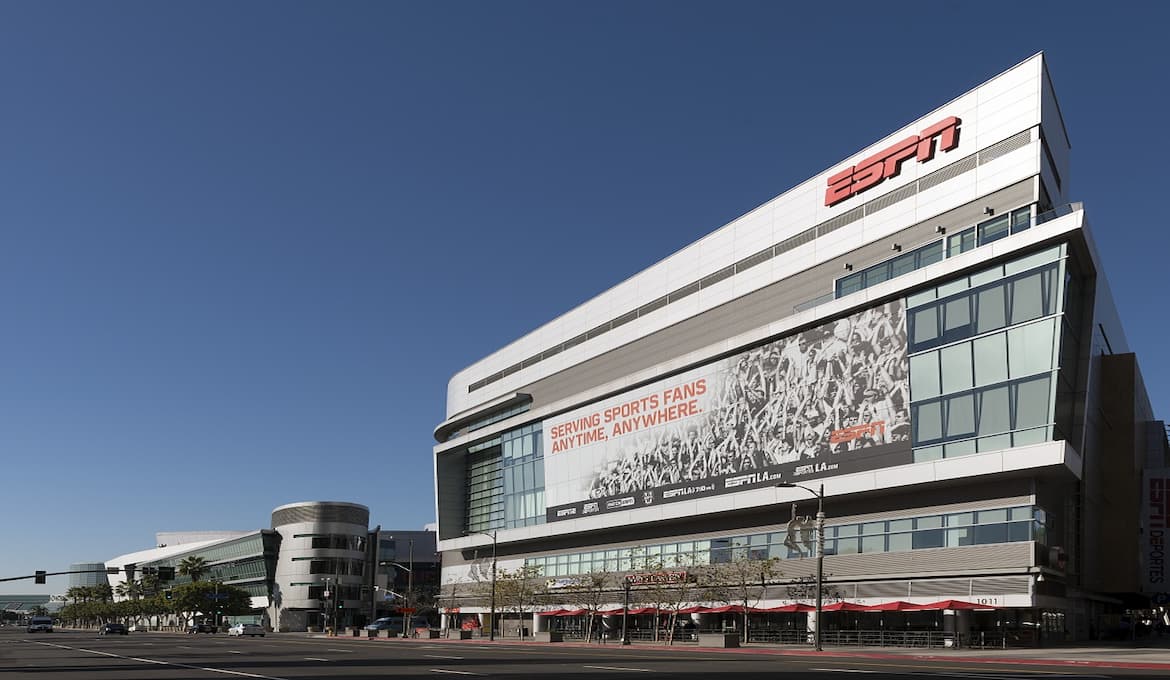Letter Echoes Bi-Partisan Argument
While a letter to Congress isn’t as drastic a tactic as other states have adopted, it echoes the same message.
A bipartisan group of states has begun to argue that sports prediction markets violate their gambling laws. The Commodity Futures Trading Commission currently has sole authority to regulate the industry, thanks to a loophole that qualifies the markets as a form of trading. This has allowed operators to launch in all 50 states, including those where sports betting remains illegal.
States have called for regulatory power to enforce their own laws, similar to sports betting. That would also require operators to pay state taxes, which they are currently exempt from. With sportsbooks expected to lose revenue to the rival industry, many states fear a massive hit to their tax revenue.
Several States Warn Sportsbooks Over Industry
As of today, Arizona, Ohio, Michigan, and Pennsylvania have all warned sportsbooks against offering prediction markets. They sent out letters to inform operators that their state sports betting licenses could be revoked if they offer sports prediction markets anywhere in the US. While none of those states have enforced those warnings yet, sportsbooks like FanDuel and Underdog may need to decide between the two industries.
The prediction market industry has been loud about its accusations against regulators in these states. They claim they are being unfairly targeted for offering a better product to residents and reject the claim that the controversial markets qualify as sports betting.
Letters May Not Be Enough
While the majority of states have clearly taken their stance against sports prediction markets, it hasn’t been enough to lead to any action. That’s primarily due to the White House’s connection to the industry, with Donald Trump Jr. accepting advisory roles for operators. Given the Republican Party’s refusal to go against the President’s wishes, it seems unlikely Congress will act.
That means states will need to seek relief from the US court system. Several regulators have already filed lawsuits over the industry. They have been joined by a few tribal gaming groups, setting up legal battles that will play out across the US over the next year.


